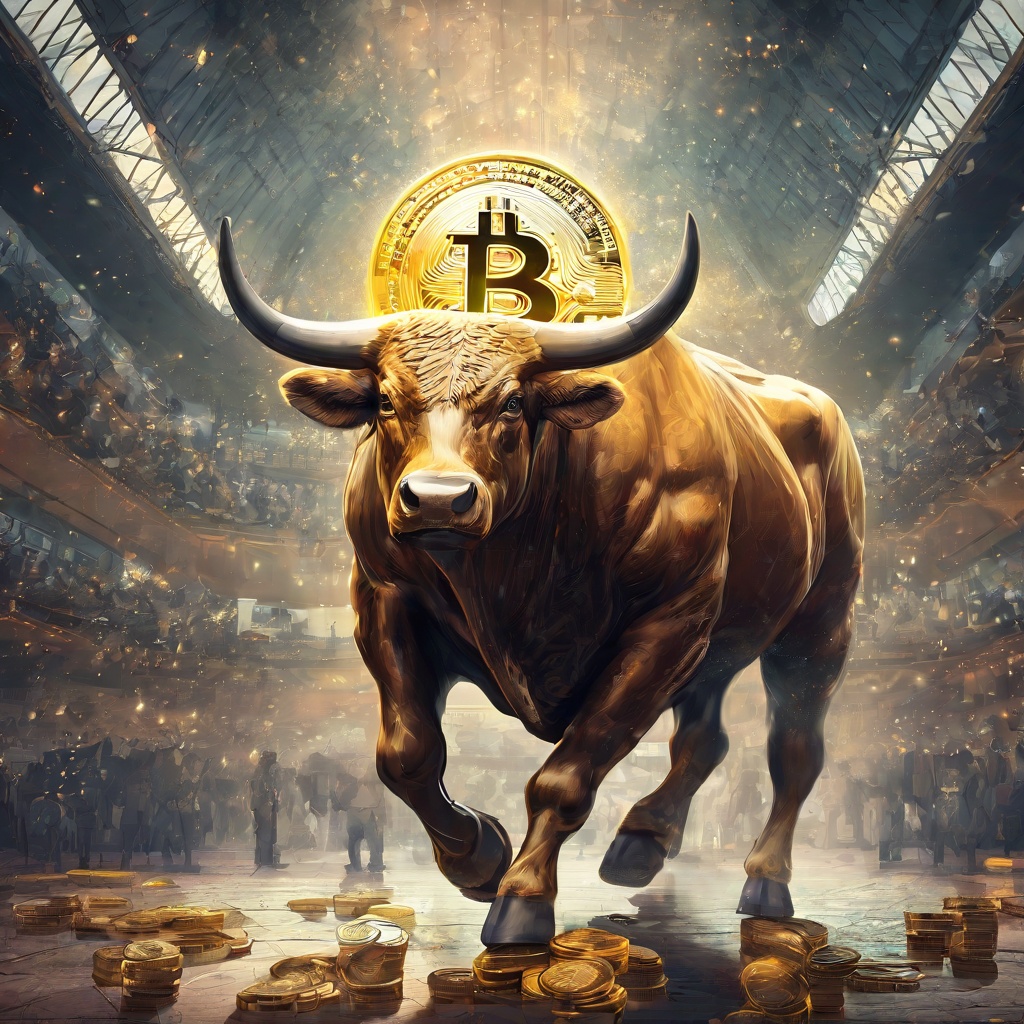Is NFT legal in South Korea?

7 answers
Was this helpful?
Was this helpful?
Was this helpful?
Was this helpful?
Was this helpful?

Was this helpful?
Was this helpful?
Was this helpful?
Was this helpful?
Was this helpful?